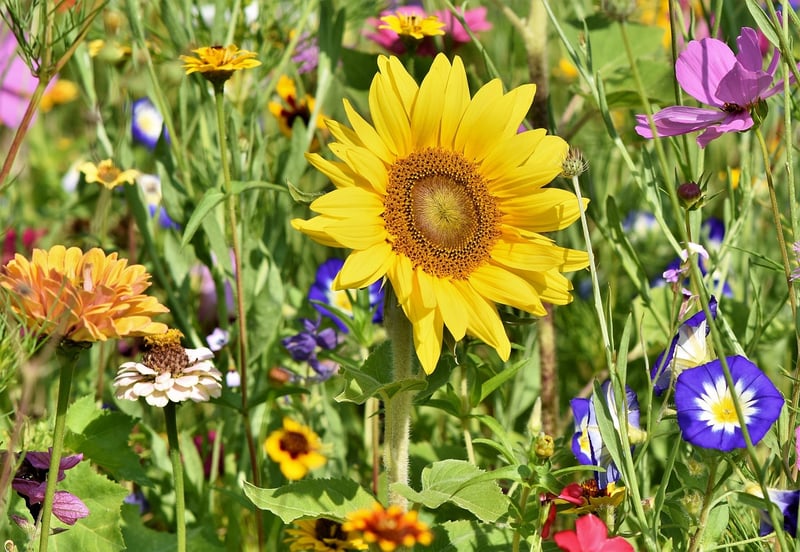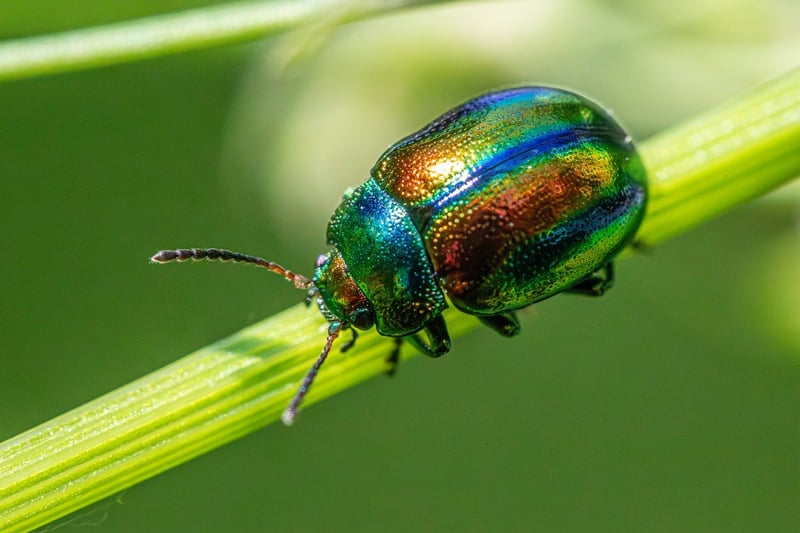Natural Pest Control
Cultivation Guidance and Natural Pest Control
Cultivation Guidance
When it comes to cultivating plants, whether in your garden or on your windowsill, following some key steps can lead to healthier and more bountiful crops. Here are some essential tips:
1. Choose the Right Plants
Select plants that are suitable for your climate and the amount of sunlight they will receive. This will ensure they thrive and produce a good harvest.
2. Prepare the Soil
Good soil is the foundation of healthy plants. Ensure your soil is well-draining, rich in nutrients, and has the right pH level for the plants you are growing.
3. Water Wisely
Overwatering can be as harmful as underwatering. Water your plants deeply but infrequently to encourage deep root growth.
4. Mulch
Applying mulch around your plants helps retain moisture, suppress weeds, and regulate soil temperature.
Natural Pest Control
Keeping pests at bay is crucial for a successful harvest. Here are some natural ways to control pests in your garden:
1. Beneficial Insects
Encourage the presence of beneficial insects like ladybugs, lacewings, and praying mantises, which feed on garden pests.
2. Companion Planting
Planting certain crops together can help repel pests. For example, marigolds can deter nematodes, while basil can repel mosquitoes.
3. Neem Oil
Neem oil is a natural insecticide that can help control a variety of pests while being safe for beneficial insects.
4. Homemade Sprays
Garlic, chili pepper, and soap spray can be effective against pests like aphids and caterpillars.
By following these cultivation guidance and natural pest control methods, you can enjoy a thriving garden without the need for harmful chemicals.

For more tips and tricks on gardening, visit Royal Horticultural Society.
